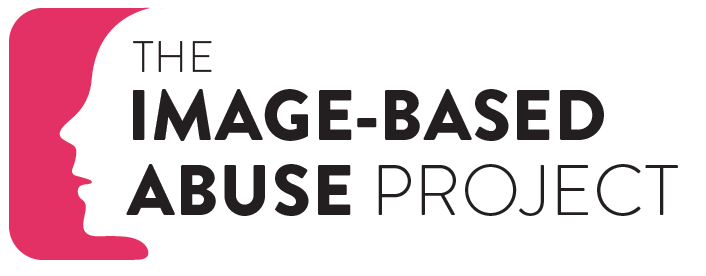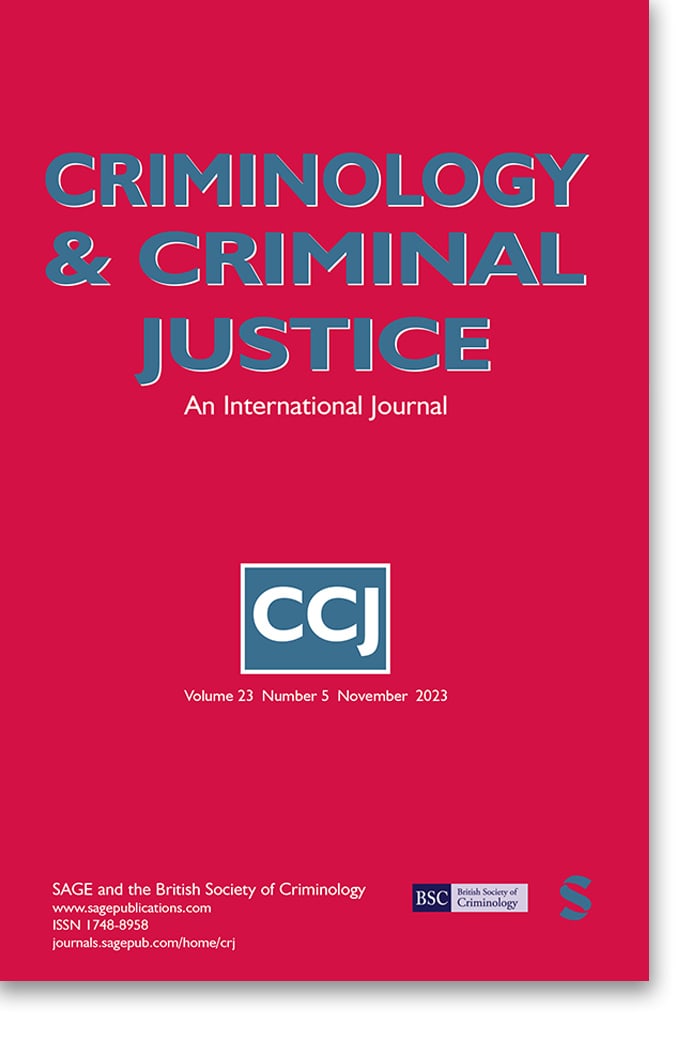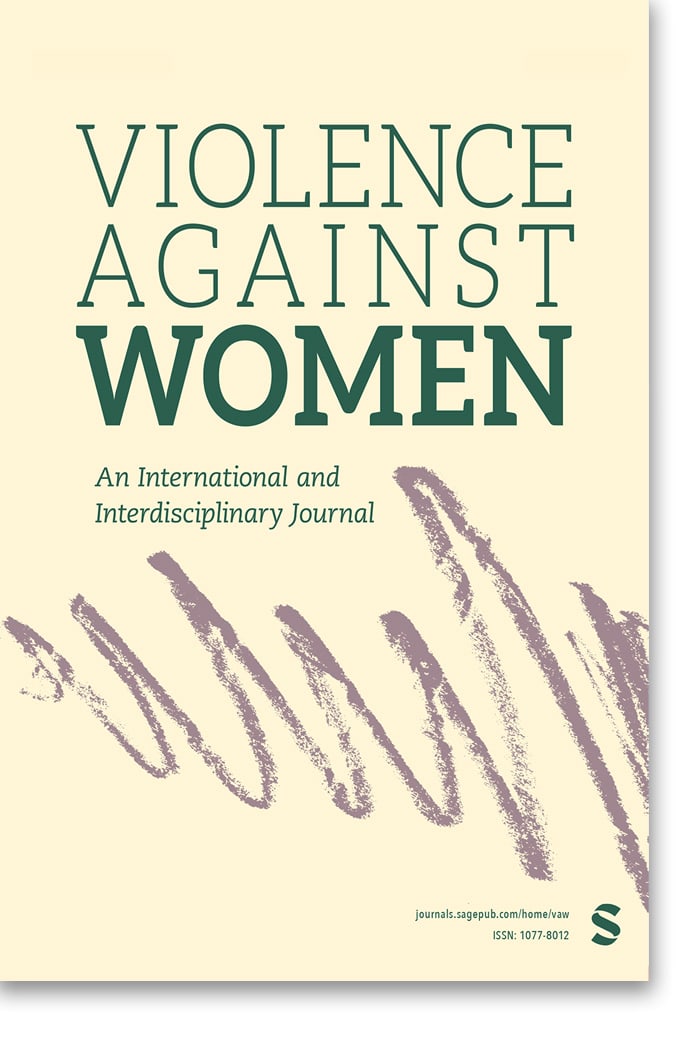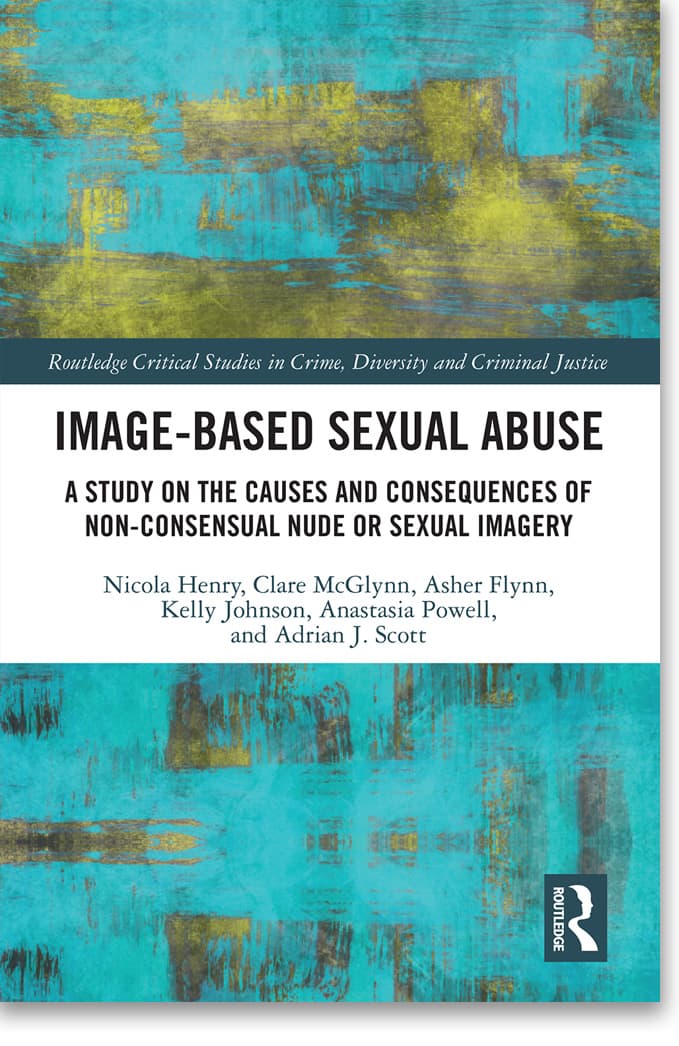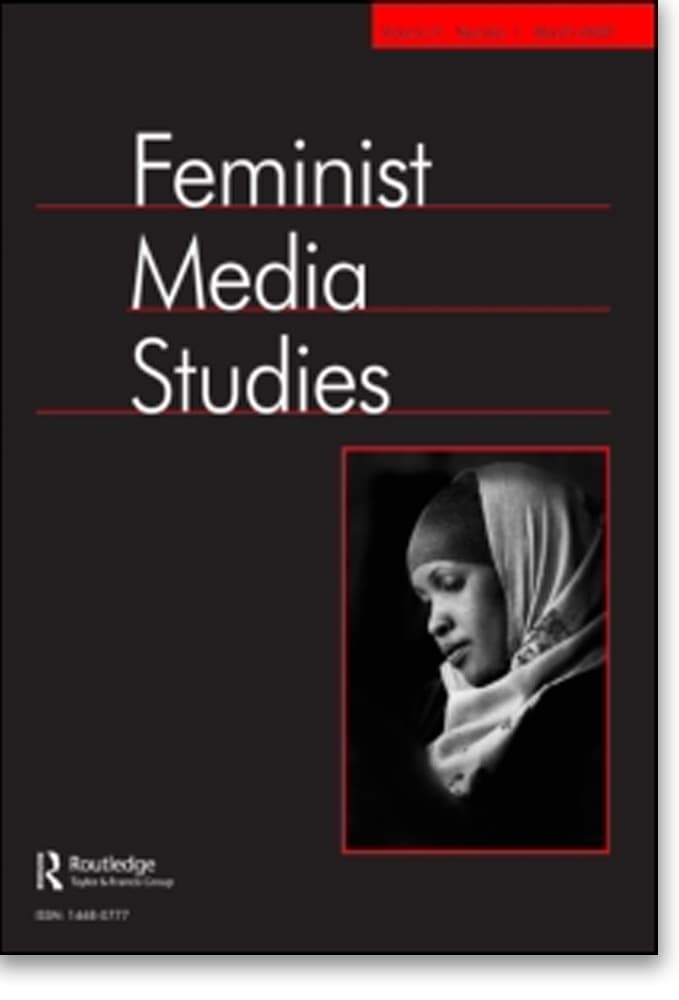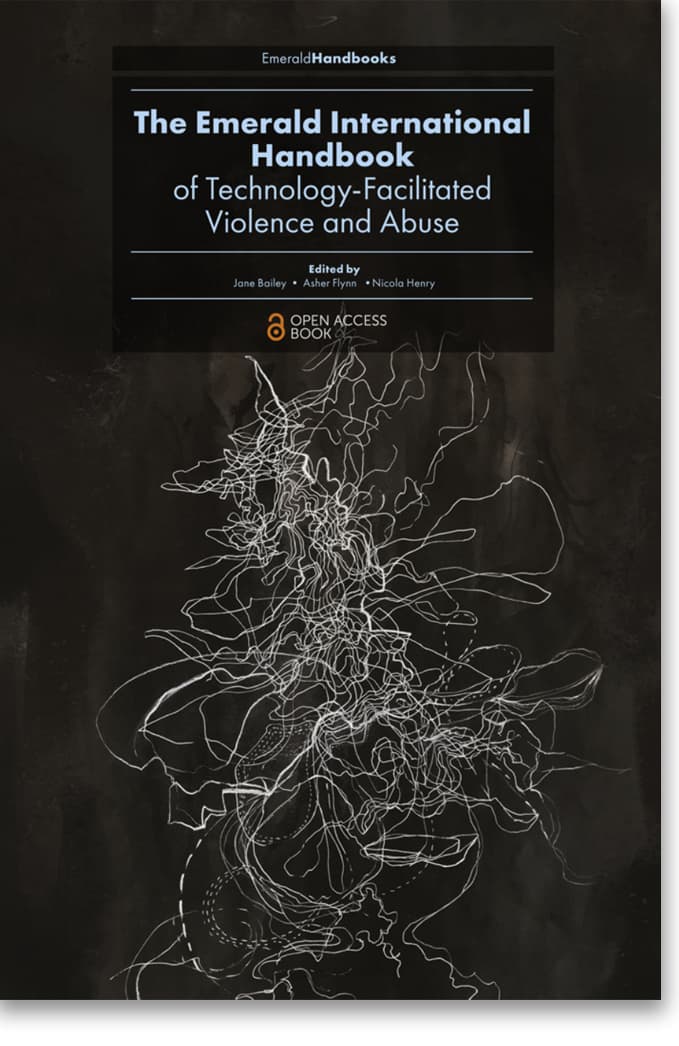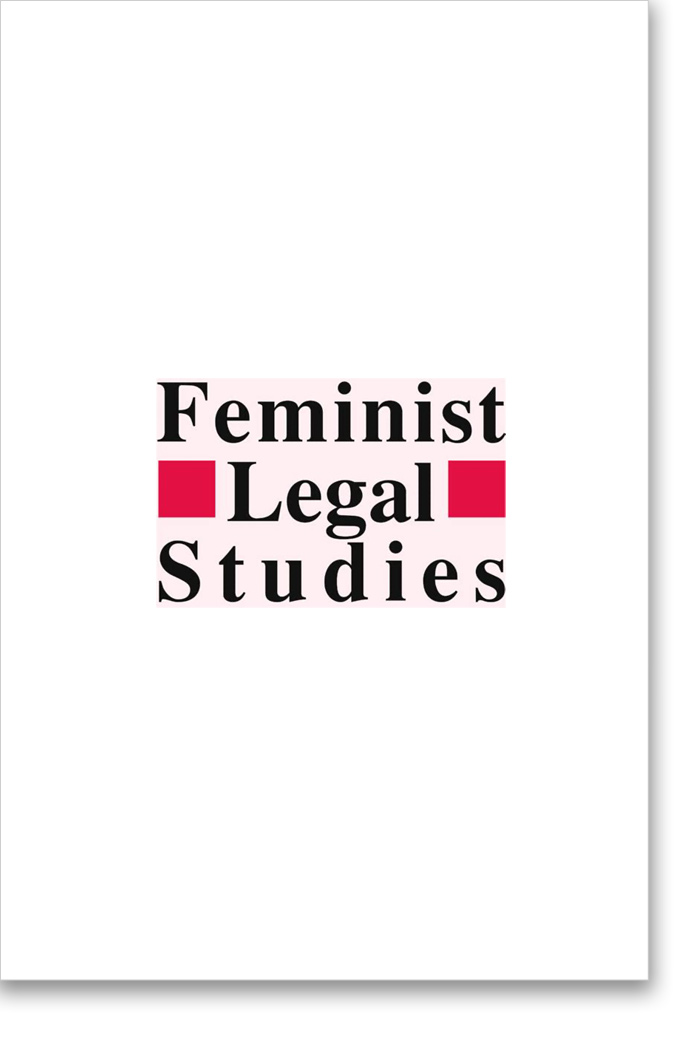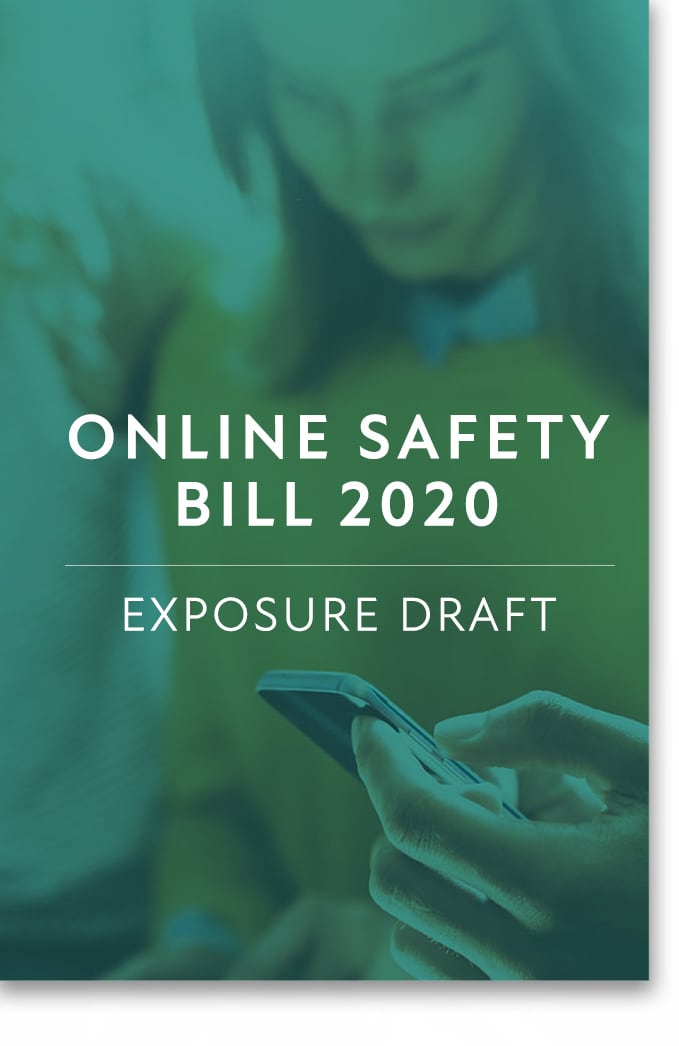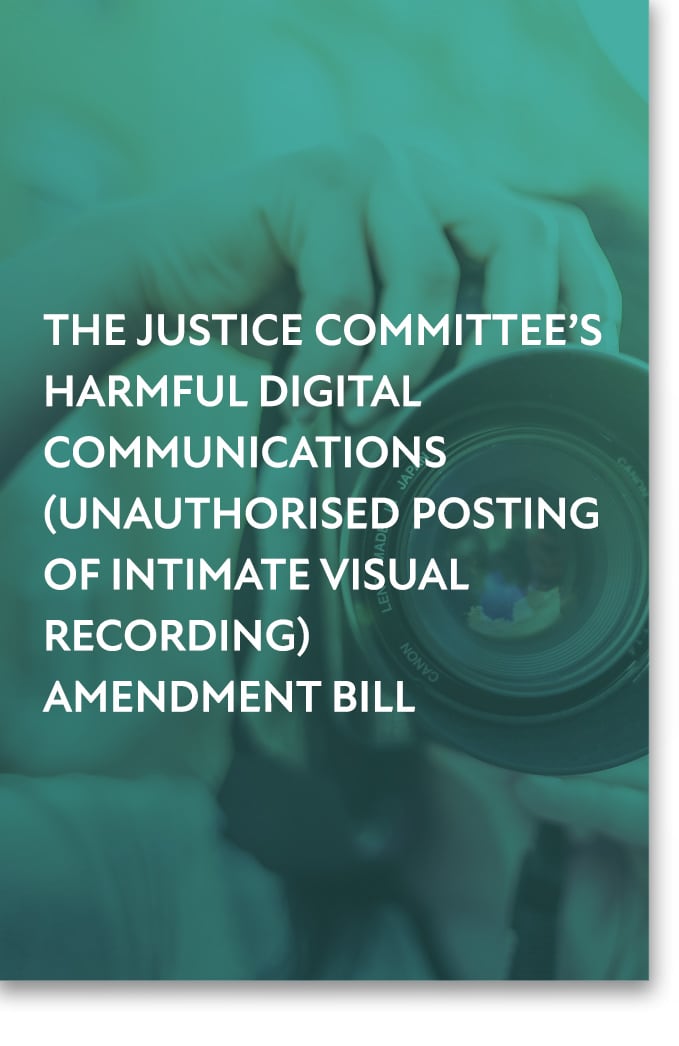‘DEVASTATING, LIKE IT BROKE ME’: RESPONDING TO IMAGE-BASED SEXUAL ABUSE IN AOTEAROA IN NEW ZEALAND
Authors: Nicola Henry, Nicola Gavey, Clare McGlynn, and Erika Rackley
The non-consensual taking or sharing of intimate images, also known as ‘image-based sexual abuse’, has become a widespread problem. While there has been growing attention to this phenomenon, little empirical research has investigated victim-survivor experiences. Drawing on interviews with 25 victim-survivors, this article focusses on the different responses to image-based sexual abuse in Aotearoa New Zealand. We found that victim-survivors had diverse and often multiple experiences of image-based sexual abuse, perpetrated for a variety of reasons, which extended beyond the paradigm of malicious ex-partners seeking revenge. Some participants described the harms experienced as ‘devastating’: a form of ‘social rupture’. Few had formally reported to police or pursued other justice options. While participants held different justice ideals, all sought recognition of the harms perpetrated against them. Yet they faced multiple obstacles when navigating justice, redress and support options. The authors conclude that far-reaching change is needed to improve legislative, policy and prevention responses to image-based sexual abuse.
